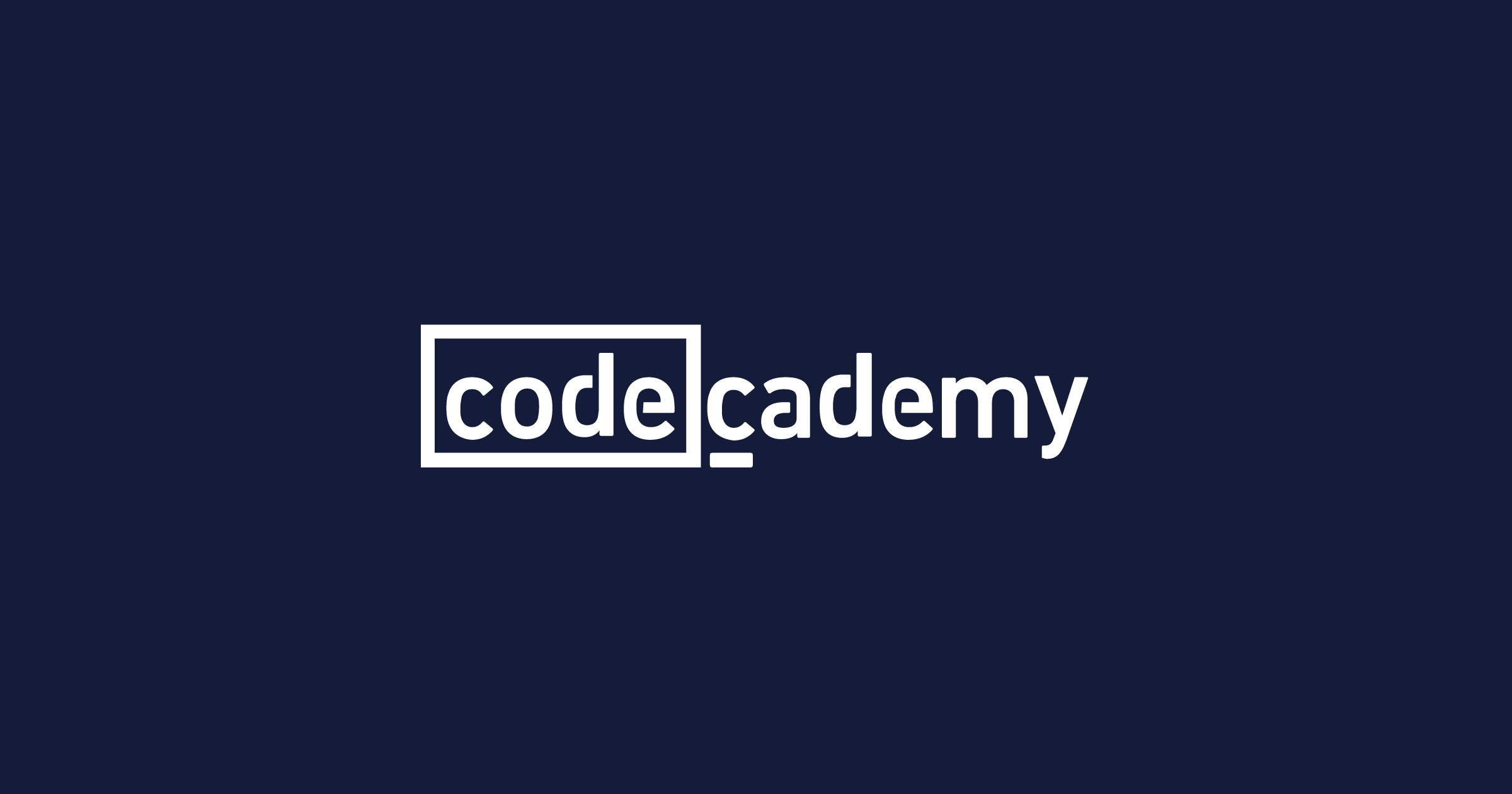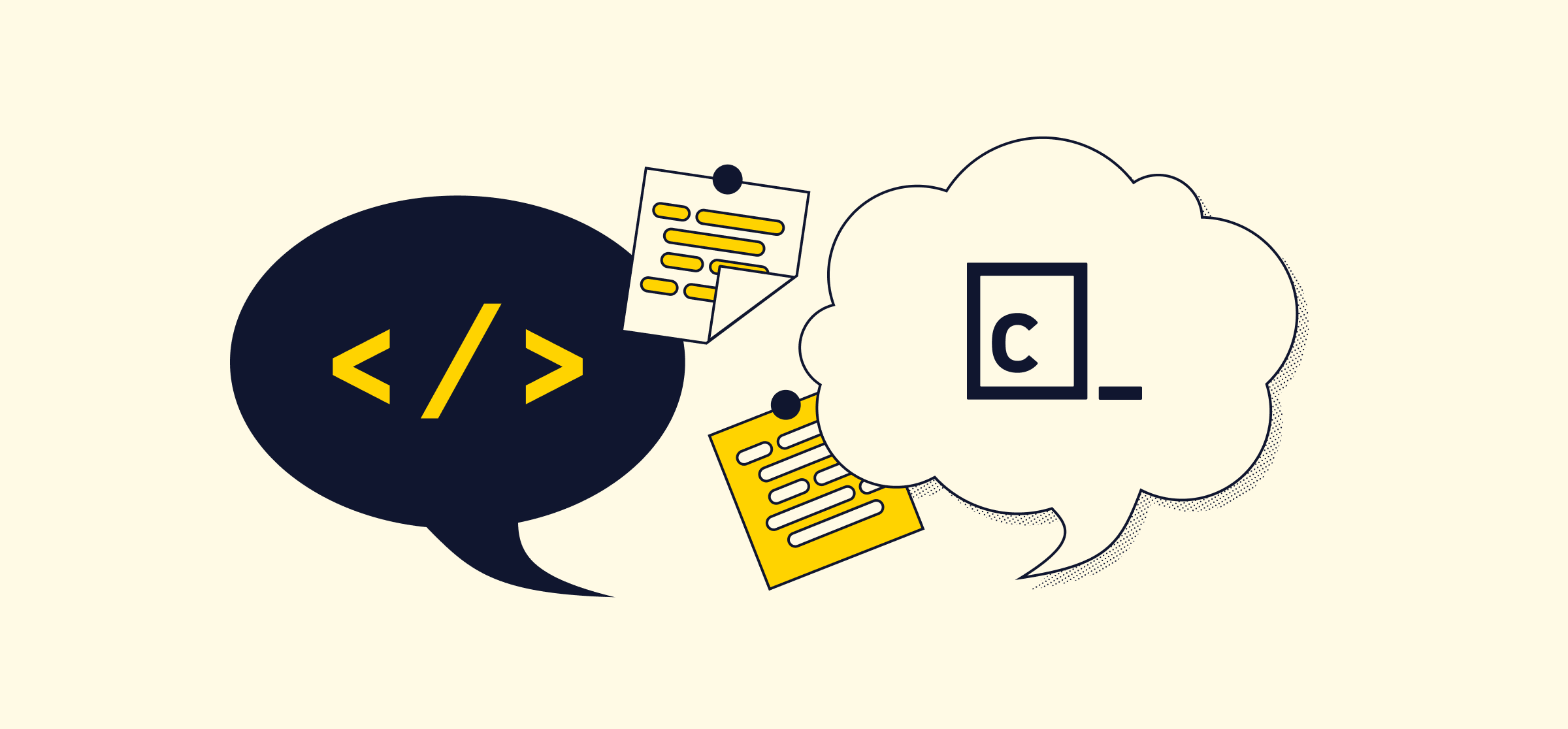Working in tech is rewarding, but it can also be a lot to manage. Daily meetings, heavy workloads, looming deadlines, learning new technologies — it’s a juggling act, and you might occasionally find yourself writing code long after the work day is over. And while it’s good to be productive, you also need to be mindful of your work-life balance. Otherwise, you risk burning yourself out.
Fortunately, there are tons of apps out there that make it easier to set boundaries, better manage your time, and create more room for your personal responsibilities and passions. Here’s a quick list to help you get started. (Maybe they’ll even inspire you to build your own!)
If you need help tuning out distractions
One of the best ways to develop a healthy work-life balance is to ensure you have boundaries during work. This isn’t always easy. Between Slack messages, emails, and the urge to scroll through social media, many of us struggle to stay in the zone. This can often mean having to log in after the work day to finish up tasks.
Focus Booster is an app that helps you carve out time to focus at work without the always-on pings and distractions. Its Pomodoro timer helps you find and maintain your flow while you’re working on your projects, and it also reminds you to take breaks throughout the day — which is more important than you might think. Breaks give you a chance to clear and refresh your mind so you can come back to your work with renewed focus. Not to mention, taking breaks is proven to reduce stress while increasing creativity and productivity.
If blue light is messing with your sleep
Electronic screens emit blue light, which has been proven to throw off your sleep cycle and make it harder for you to fall asleep. This is bad news for those of us who like to read, browse emails, or code late in the evenings, because sleep is one of the cornerstones of a healthy work-life balance.
Fortunately, there are lots of blue light-filtering apps out there. The free app Twilight syncs with your local time zone and filters blue light after sunset to mitigate its damaging effects, which is supposed to help you get a better night’s sleep. Twilight is available for Android devices, but if you want to try something similar on your PC, try setting your display to night time. There’s also Night Shift for Mac and iOS users.
If you want to work from anywhere
One of the benefits of work-from-home is that you don’t actually have to work from home — you can work from anywhere. Think about it: You can extend vacations or visits to out-of-town loved ones because you can actually work while you’re away (or while en route). But depending on your device set up, it might not be ideal to lug your work computer in addition to your personal one. That’s why it’s nice to have the option to log into your work computer remotely.
RemotePC is a remote desktop software that allows you to access and manage your work computer from wherever you are in the world (as long as you’re connected to the internet). Just download the app on your work computer and the device you want to use — or you can also log in from your web browser. It’s platform-independent, so you can access your computer from any device, and it also includes collaboration features for when you need to work with your teammates.
But before you install RemotePC, check in with your IT department to avoid any cybersecurity concerns (which you can learn more about in our Introduction to Cybersecurity course).
If you want to figure out just how much your work is seeping into your life
Work has a tendency to creep into our personal lives. It’s easy to find yourself checking Slack and work emails before bed or while standing in line at the grocery store. And while you might think that this doesn’t hurt, that time adds up and becomes a death-by-a-thousand-cuts scenario when you’re always checking work messages.
Space is an app that tracks your smartphone usage, and you can use it to figure out just how much time you spend on work-related apps after hours. It’s free to use, and you can also use it to block notifications and notify you when you’re spending a little too much time on your phone.
If you’re tired of feeling “always on” with email
Your relationship to email can play a big role in your work-life balance. Say you’re relaxing after a long day, and your phone buzzes with an email from a teammate who needs a new feature added to the software you’re building. Even if the email isn’t urgent, it can thrust you right back into work mode.
Boomerang is a Gmail extension that can help you avoid after-hours emails with its Inbox Pause feature that stops incoming messages until you’re ready to receive them (which is great for evenings and weekends). You can also set exceptions so you’ll still receive important or time-sensitive messages.
Boomerang also offers other functionalities that allow you to better manage your email (and time), including reminder, scheduling, and response tracking features. You can even schedule your own emails to hit inboxes during normal working hours if you want to check an email off your to-do list without disturbing your team. Browser extensions are available for Chrome, Opera, Safari, Firefox, and Edge; and while its basic version is free to use, you can unlock advanced features with paid subscription plans.
If you need to organize your life to-do’s
Maintaining a healthy work-life balance also means making time for personal responsibilities, like cleaning, grocery shopping, cooking, and familial obligations like baseball games and PTA meetings.
Cozi helps you keep your life-related tasks in order with shopping lists, meal plans, and to-do lists. It also offers a family calendar to help you find more time to spend with your loved ones and keep everyone on the same page.
You can even sync Cozi’s family calendar to your work calendar to let your team know when you have doctors’ appointments or school pick-ups without having to block out the time on your schedule (which is one less task to do). And it’s also free to use.
If you spend all day in your office chair
You might not think movement plays a role in your work-life balance, but it does. Exercise reduces stress and increases self-efficacy, according to Harvard Business Review. That means it can help you feel more calm and capable as you tackle your daily tasks. Not to mention, studies show that sitting for too long can be dangerous for your health. But it’s unfortunately easy to lose track of time and spend most of the day sitting.
Office Workout Exercises is a free app that provides quick exercises you can do at your desk. It also offers tips for taking care of your eyes, which is helpful for those of us who stare at a screen for hours every day.
For more ideas on how to set helpful boundaries, check out our tips for maintaining your work-life balance when working from home. And if any of these apps gave you an idea for an app of your own, we’ll show you how to build one in our mobile development courses.








